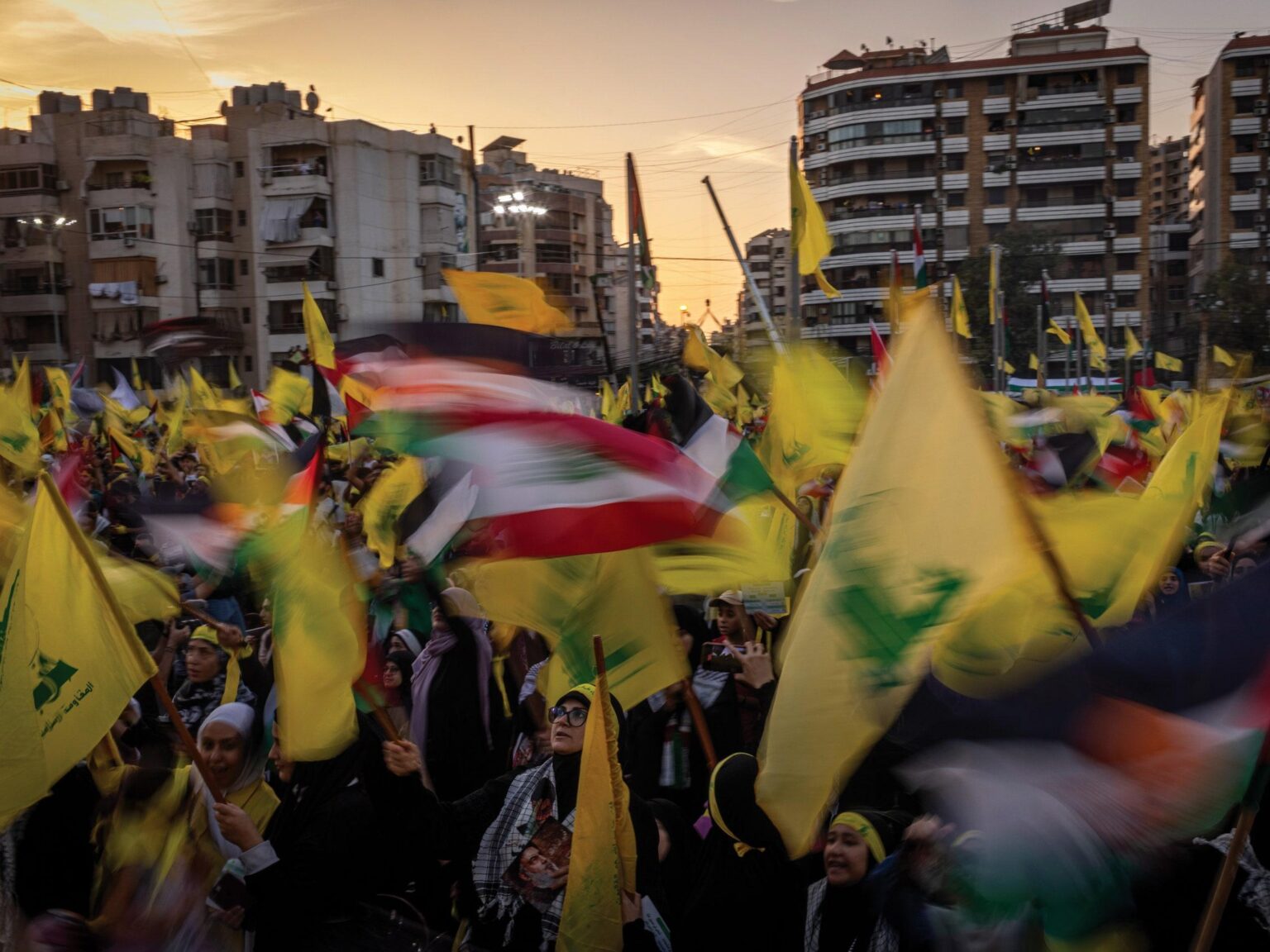In a rare moment of respite amidst the turmoil of the Middle East, Israel and Lebanon’s Hezbollah have come to a precarious agreement to cease hostilities. This unexpected ceasefire, born out of necessity rather than genuine goodwill, has brought a momentary calm to a region fraught with tension and conflict. Let us delve deeper into the intricacies of this delicate truce and explore its implications for the future of this volatile relationship.
Overview of the ceasefire agreement between Israel and Hezbollah
Israel and Lebanon’s Hezbollah have reached a ceasefire agreement following weeks of heightened tensions and violence along their shared border. The agreement, brokered by the United Nations, aims to bring an end to the recent flare-up of hostilities between the two parties.
Key aspects of the ceasefire agreement include:
- Immediate cessation of hostilities: Both Israel and Hezbollah have agreed to halt all military operations along the border.
- UN monitoring: The United Nations will deploy peacekeeping forces to oversee the implementation of the ceasefire and ensure compliance by both parties.
- Humanitarian access: The agreement includes provisions for humanitarian aid to be delivered to civilians in affected areas.
Implications of the ceasefire for the region and international relations
Israel and Lebanon’s Hezbollah have reached a ceasefire agreement, bringing a temporary halt to the recent hostilities between the two nations. This ceasefire has significant implications for the region and international relations, as it could potentially pave the way for a more stable and peaceful environment in the Middle East. Both parties have expressed a commitment to honoring the ceasefire and working towards de-escalating tensions in the region.
The ceasefire between Israel and Hezbollah could have the following implications:
– Reduction in violence and casualties on both sides
– Opportunity for diplomatic negotiations to resolve underlying issues
– Potential for increased stability in the region
– Impact on neighboring countries and international actors
the ceasefire agreement between Israel and Hezbollah marks a positive step towards promoting peace and stability in the Middle East, and it will be crucial for both parties to uphold their commitments to ensure lasting peace in the region.
Challenges and opportunities for long-term peace in the Middle East
After years of conflict and tension between Israel and Lebanon’s Hezbollah, the two parties have finally come to an agreement on a ceasefire, signaling a potential breakthrough in the region. This development opens up new possibilities for long-term peace in the Middle East, as both sides have agreed to halt hostilities and work towards resolving their differences through diplomatic means.
The ceasefire between Israel and Hezbollah presents both . On one hand, the cessation of violence is a crucial step towards de-escalating tensions and creating a more stable environment in the region. However, the underlying issues that have fueled the conflict between the two parties still remain unresolved, posing a significant challenge to achieving lasting peace. Moving forward, it will be essential for both Israel and Hezbollah to engage in meaningful dialogue and negotiations to address these root causes and pave the way for a more peaceful future.
Recommendations for sustaining the ceasefire and promoting dialogue between Israel and Hezbollah
As Israel and Hezbollah have agreed to a ceasefire, it is crucial to focus on sustaining peace and fostering dialogue between the two parties. Here are some recommendations to achieve this:
- Maintain open communication: Establishing a direct line of communication between Israel and Hezbollah can help prevent misunderstandings and reduce the likelihood of escalation.
- Implement confidence-building measures: Initiating small steps, such as prisoner exchanges or humanitarian gestures, can build trust and create a foundation for further negotiations.
Moreover, it is essential for both sides to prioritize diplomacy and engage in constructive dialogue to address grievances and find common ground. By fostering understanding and seeking peaceful solutions, Israel and Hezbollah can work towards a sustainable ceasefire and long-term stability in the region.
The Conclusion
As the dust settles on the latest round of conflict between Israel and Hezbollah, the two sides have reached a tentative ceasefire agreement. While tensions remain high and the underlying issues unresolved, this momentary pause in hostilities offers a glimmer of hope for a lasting peace in the region. Only time will tell if this ceasefire will hold, or if it is merely a temporary respite before the next storm. In the meantime, both Israel and Hezbollah must remain vigilant and committed to finding a path towards reconciliation and coexistence. Only through dialogue and diplomacy can the cycle of violence be broken, paving the way for a more stable and secure future for all involved.
